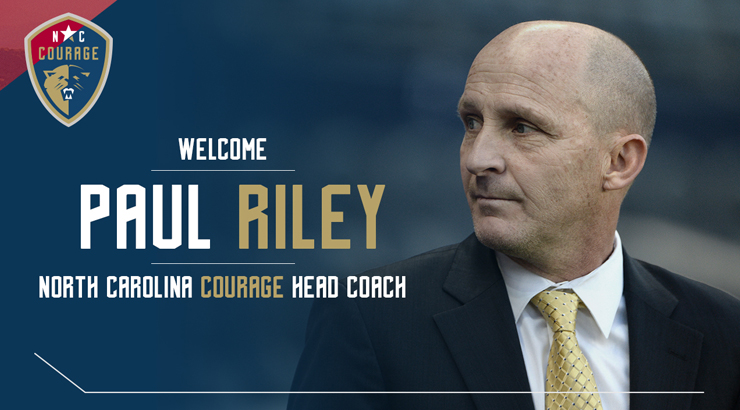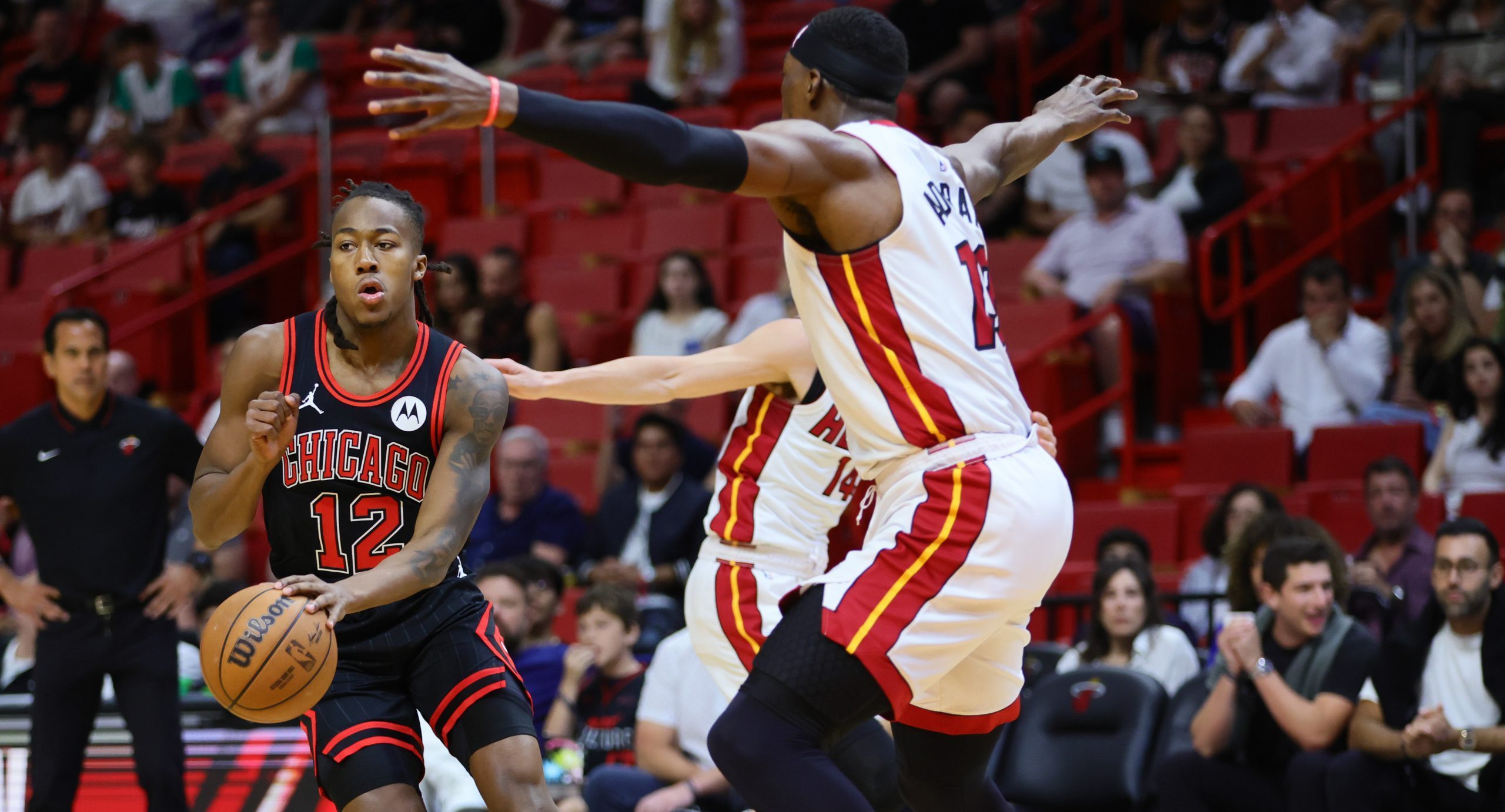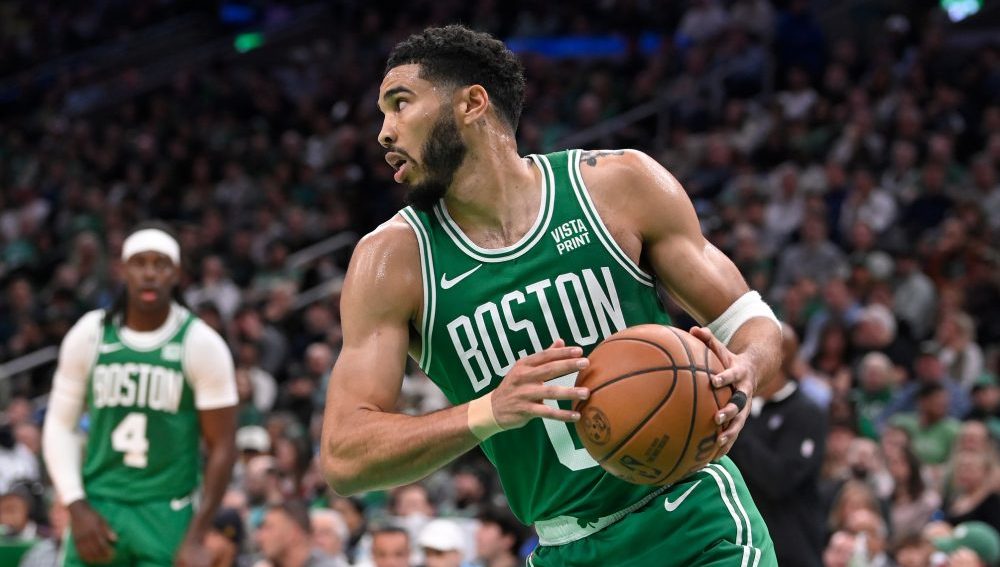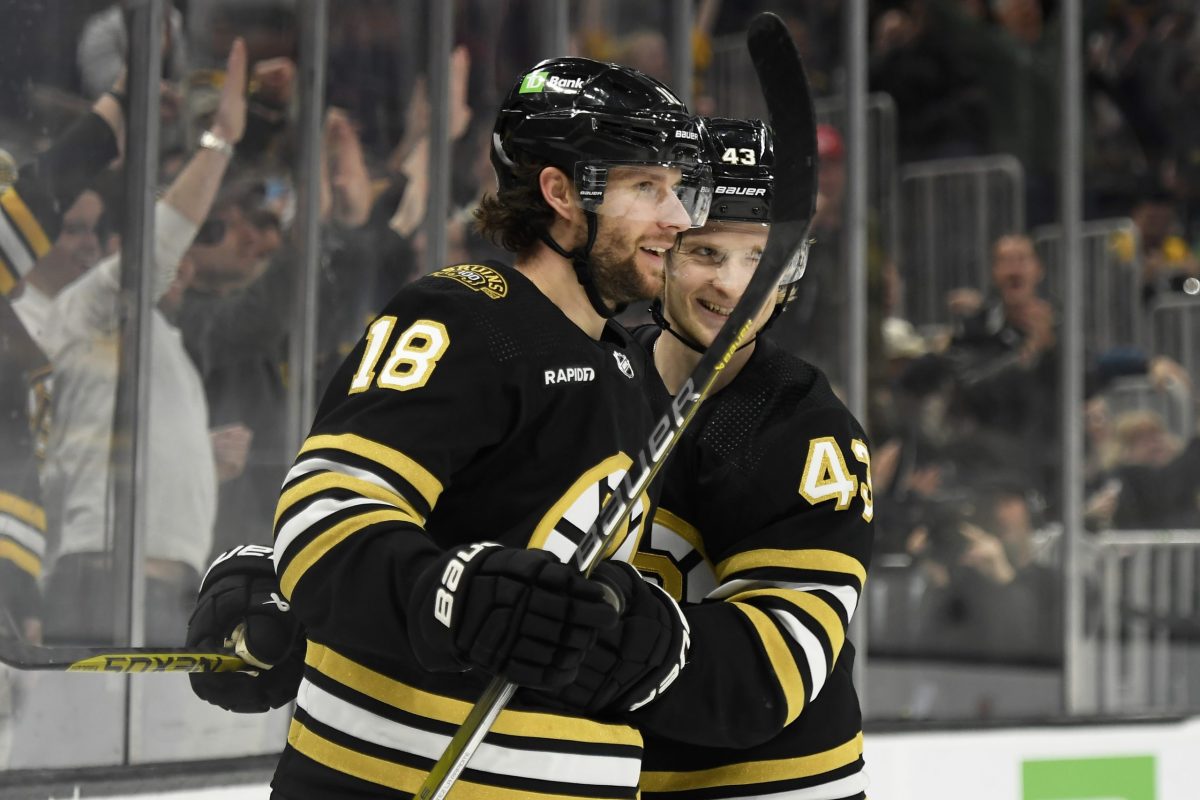There are always discussions about the role of the media in sports, and those discussions cover a wide range of ground. There are times when particular types of media coverage have been viewed as negative by athletes, something that’s most recently been a battleground in tennis with press conferences. And there are certainly arguments about other negative things that have come from media coverage. But something we’ve seen a lot in the past few years in particular is that careful and thorough investigative media coverage of wrongdoing by team executives and coaches can have a much larger impact than purely-internal investigations by teams and leagues, which have often overlooked or downplayed that wrongdoing. And the latest example of that is a piece The Athletic published Thursday morning (by Meg Linehan, with files from Katie Strang) on multiple allegations of sexual coercion against NWSL coach Paul Riley (seen above in 2020), who was fired from his job with the North Carolina Courage Thursday afternoon after countless NWSL players spoke out in response to the article.
That Athletic piece on Riley is worth a read in full. For those who don’t have an Athletic subscription, the key parts of it are summarized in a free-to-read article here. But the piece is such a strong indication of how well-done journalism can accomplish so much more than internal team or league reviews. The allegations in there from named players Sinead Farrelly and Mana Shim are horrifying, including Farrelly’s comments on feeling coerced into sex by Riley and Shim’s comments on how Riley had her kiss Farrelly in front of him and how he tried to seduce her.
Those comments are solidly supported by comments from more than 10 players on Riley’s teams who spoke to The Athletic under condition of anonymity, and by comments from other players around the league. The piece is a thorough investigation, and one that will stand up to a lot of scrutiny. But perhaps the most shocking thing in that piece is how Farrelly and Shim tried to bring these specific allegations up through league and team channels multiple times, and yet, that only led to Riley being let go from the Portland Timbers, and to no further issues (despite further pushing from Farrelly and Shim) when he wound up elsewhere in the NWSL (first with the Western New York Flash, then with the Courage). Here are some excerpts on that:
“Immediately when we became aware of these allegations at the end of our 2015 season, Paul Riley was placed on administrative leave and a thorough investigation advised by outside counsel was conducted, working closely with the NWSL league office,” the [Portland] team said in a statement provided on Wednesday. “The investigation found no unlawful activity, but that Mr. Riley had violated our policies. As a result, we chose not to renew his contract. The findings of the investigation were shared with the NWSL league office.”
…Flash vice president Aaran Lines, who hired Riley, wrote in an email: “Prior to his hire, the club was aware of an internal investigation involving Paul while he was the head coach of the Portland Thorns. No unlawful activity was found through the investigation, and the Flash followed all league protocol in the hiring process and contract approval in conjunction with the NWSL league office.”
Former NWSL commissioner Jeff Plush, who according to his 2016 email to Shim was “monitoring” the investigation and who Paulson said was fully informed of the probe’s findings, declined to answer questions about Riley. Plush, who stepped down from the NWSL in March 2017, is now CEO of USA Curling.
…With [Alex] Morgan acting as the organizer, 240 players signed a letter that was sent to Baird, the NWSL commissioner, on March 9. The players asked for nine specific elements to ensure safe and inclusive workplaces, including multiple avenues to submit complaints and assurances that the league would protect any player from retaliation.
Six days later, Shim emailed Baird directly. Attached to her email was the original complaint she shared with the Thorns in 2015. She asked Baird to address the “apparent failure” of the original investigation into Riley’s behavior in Portland.
Baird responded the next day, to thank her and to tell her she planned to meet with Morgan and other players to listen to their overarching concerns about player safety. She did not address Shim’s request to revisit her original complaint. Shim replied, asking Baird to confirm an investigation would take place. She did not get an immediate response.
What appears clear in all of this is that if this had not wound up as an Athletic article, Riley would likely still be coaching in the NWSL. Both Shim and Farrelly took their complaints to team and league authorities long before they went to the media. And those internal investigations led to very little. Sure, the Thorns didn’t renew Riley’s contract, but they didn’t say anything about his violation of team policies along the way. And the Flash and Courage felt just fine hiring him, and the league did nothing about it. But that inaction is not sitting well with a lot of NWSL players, including Meghan Klingenberg (of the Thorns and the U.S. Women’s National Team). The statement below is worth clicking on to see the full version, which includes the “Get it the fuck together, NWSL” quote used at the top of this article:
We Deserve Better (Part II) pic.twitter.com/c1MIAnrOde
— Meghan Klingenberg (@meghankling) September 30, 2021
Christine Sinclair of the Thorns also weighed in here:
Protect the players. Protect women. It’s everyone’s responsibility to hold the standards and enforce accountability. Why are we still dealing with these mostly male transgressions? This is unacceptable. @NWSL
— Christine Sinclair (@sincy12) September 30, 2021
So did Jessica Fishlock and Megan Rapinoe of the OL Reign:
The initial behaviour, the actual abuse & intended harm is bad enough. It’s disgusting.
For those who sat back, covered it up.. protected the abuser & not those abused.. you are evil.
My heart hurts for all those abused. Your bravery is for all those to see.
it’s stops now.
— Jessica Fishlock MBE (@JessFishlock) September 30, 2021
Mana & Sinead you are so strong & we are with you❤️To everyone in a position of power who let this happen, heard it & dismissed it, signed off on this monster moving to another team w/zero repercussions,FUCK YOU,you’re all monsters,& can ALL hand your resignations in immediately. https://t.co/TcI958ytP2
— Megan Rapinoe (@mPinoe) September 30, 2021
And here’s Alex Morgan of the Orlando Pride (who’s also quoted in the article on her efforts to bring this to NWSL attention). Morgan’s thread is particularly notable for showing off the specific receipts (namely, Baird’s email in response to Farrelly earlier this year):
(1/3)The league was informed of these allegations multiple times and refused multiple times to investigate the allegations. The league must accept responsibility for a process that failed to protect its own players from this abuse. https://t.co/KDRBhhVBcT
— Alex Morgan (@alexmorgan13) September 30, 2021
(3/3) pic.twitter.com/BkGlHsPiV4
— Alex Morgan (@alexmorgan13) September 30, 2021
And they were just some of the many players speaking out here. But their comments carried a hell of a lot more weight than the comments from teams like the Thorns, and people like current commissioner Baird, who the story indicated were thoroughly apprised on Riley’s behavior:
— Portland Thorns FC (@ThornsFC) September 30, 2021
— National Women’s Soccer League (@NWSL) September 30, 2021
It’s quite something for someone like Baird to say they’re “shocked and disgusted” about things reported to them repeatedly through official channels, which they previously declined to take substantive action on. Again, The Athletic’s piece here is worthwhile reading for just how much information was specifically sent to Baird, and how little she did about it. But that goes to show the value of these outside journalistic investigations, and how much more action they’re leading to than internal complaints through team and league human resources departments. We’ve seen that in the past few years with the Dallas Mavericks, the New York Mets, the Chicago Blackhawks, the Washington Football Team, the USA Gymnastics saga, and much more.
And that’s the key thing here. All of these teams and leagues are not supposed to be tolerating the kinds of conduct described in these media reports, and they’ll send out a million statements afterwards about how they’ve moved on from the people involved after the media reports told them of the bad actions from those people. But in the vast majority of these cases, the bad behavior involved was previously and specifically reported to team and/or league officials, and that led to next to nothing until big media pieces on it, which then saw the teams and leagues involved saying “We don’t endorse this behavior, and we didn’t know about it.” But in so many of these instances, there’s strong evidence they did.
The latest
It’s also worth noting that taking reports of bad behavior to the media carries its own challenges. First, survivors of bad behavior have to be braced for pushback (especially if they’re named), and second, the media outlets and media members involved have to be extremely careful and thorough with their reporting to avoid lawsuits (which adds to the time lag between when accusations surface and when they become public). A universe where a report to a team or league HR executive was treated with the appropriate seriousness and led to the appropriate punishment (and to league-wide sharing of that punishment) might be better on many levels than our current universe, where a lot of this only leads to action once it gets to the media.
But, at the same time, these cases also speak to the importance of a free press, and to the good that can come from media members and outlets who value telling these stories, value putting in the work to get them right, and value the change they can create as a result. The story of sports over the last few years is that thoughtful and well-done media investigations into these claims can lead to a whole lot more action than just internal reports to team or league HR. (And while these are difficult and time-consuming investigations to conduct, there’s significant public value to them; The Athletic deserves particular praise for investing in these kinds of investigations, and for giving Strang a role where she can guide and contribute to these investigations across multiple sports.)
And one takeaway here for people who experience awful behavior from coaches and GMs may be that they may see more results from talking to the media than talking to HR. That’s certainly not ideal; it would be a far better world if complaints that went through team or league human resources were taken seriously, and if those complaints led to actual action.
But that’s not the world we live in. And the last few years have shown that media investigations are absolutely critical to having any sort of accountability for bad behavior. Teams and leagues should be asking themselves why it’s had to come to this, though, and why they have to pretend they’re “shocked and disgusted” to find out things from the media that were previously reported them through channels. Klingenberg’s “Get it the fuck together, NWSL” response is absolutely correct, but it could also apply to a lot of other leagues.
[The Athletic; photo from a 2017 Soccer Today article covering Riley’s hiring in Carolina]







